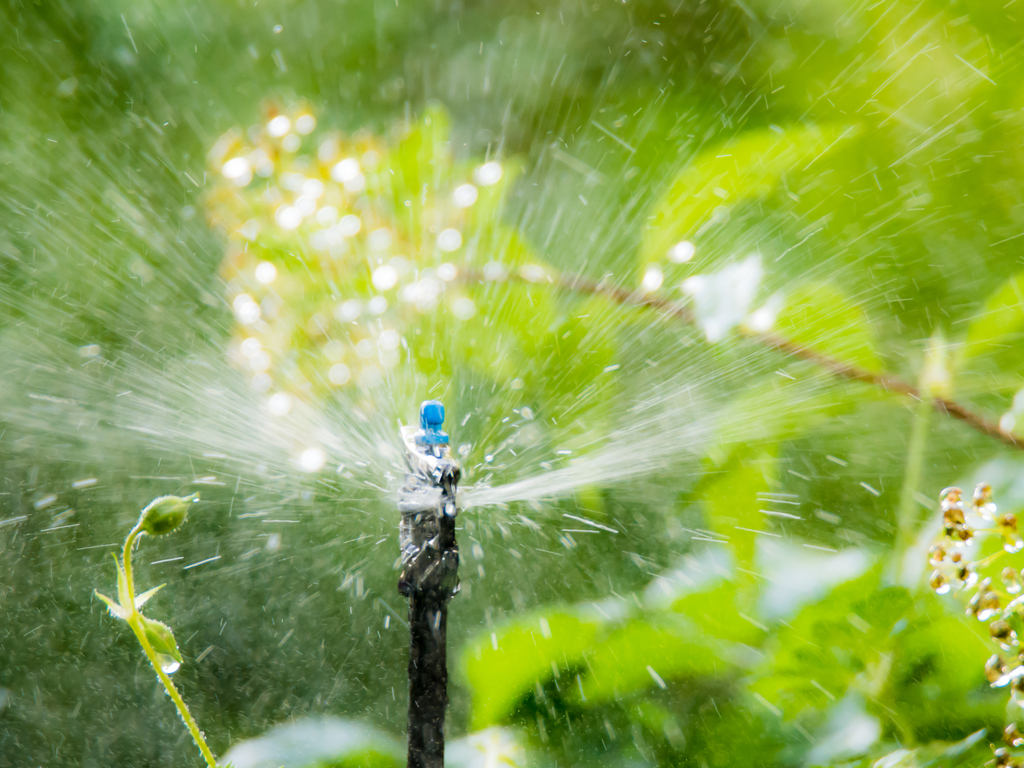Improved management of irrigation and water resources in the Zarafshon river basin of northern Tajikistan will help farmers increase their crop yields and provide greater food security for the local population, thanks to the Zarafshon Irrigation Rehabilitation and Management Improvement Project, launched by the Government of Tajikistan and the World Bank.
The Project is being financed through a EUR 13.9 million grant from the Development Fund of the European Commission, the World Bank reported.
In Tajikistan, inefficient irrigation and water loss are generally caused by poorly maintained primary canals and pump stations, deteriorated irrigation infrastructure, unreliable electricity supply, and outdated pumping equipment. Consequently, farmers are hindered from increasing their crop production or shifting to higher-value crops. At present, about 40% of potentially irrigable land in the Zarafshon river basin is used for low-yielding, rain-fed barley, wheat, and oilseed production.
The Zarafshon Irrigation Rehabilitation and Management Improvement Project will fund the rehabilitation of key irrigation infrastructure, flood protection, and feasibility studies for the improvement and modernization of irrigation schemes.
In addition, the project will support high-priority irrigation reforms, strengthen the institutional capacity of the Agency on Land Reclamation and Irrigation, and support new and existing Water User Associations. The project will also help establish an important link to the Water Information System at the basin and national level, which will enable better irrigation planning and water resources management.




